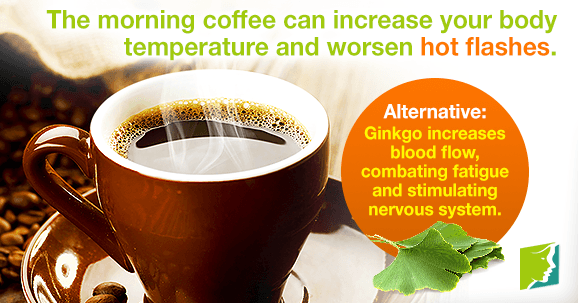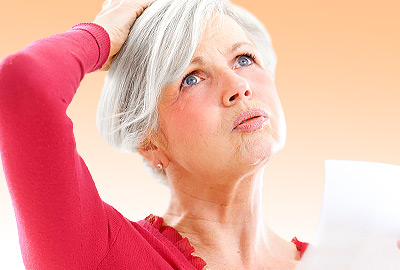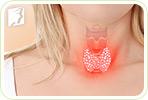Hot flashes are common among menopausal women, and usually result directly from extreme hormonal changes taking place in the body. This can cause a wide range of symptoms, including fatigue, stress, and increased body temperature.
The discomfort that comes with these sudden surges of heat is upsetting enough by itself, but it can be made worse by caffeine. Although many women are accustomed to having their morning cup of coffee, it can fuel severe, frequent, and long lasting hot flashes, which actually does more harm than good. Learn why you might want to quit the habit to find relief.
Changes in Estrogen
The main cause of hot flashes during menopause is a drop in the levels of a sex hormone called estrogen. When the body doesn't have enough of this hormone, it can sharply raise your stress levels and cause the body to incorrectly detect an increase in temperature. The hypothalamus, the region of the brain in charge of heat regulation, gets “confused” by the abrupt change in estrogen levels, and sends an alert signal to raise blood pressure and quicken your heartbeat, thereby making you feel hot and flustered.
If your estrogen levels are constantly fluctuating, you can become more sensitive to any temperature changes, making a commonly minor trigger like caffeine all the more intense.
Caffeine and Hot Flashes
Caffeine is an alkaloid that stimulates the central nervous system. Whether it's through chocolate, soda, anti-headache pills, or your morning cup of coffee, caffeine is known to provoke some degree of dependency over the long term, making it hard to lower your consumption from one day to the next. However, caffeine can accelerate your heart rate, raise your blood pressure, and increase your body temperature, all of which prompt or worsen hot flashes.
Hot Drinks and Hot Flashes
The main sources of caffeine for most people are coffee and tea. While caffeine already has a negative impact of its own on hot flashes, hot drinks can also raise body temperature. Even plain hot water can instantly make you flush and set off an episode. For this reason, coffee and tea are common culprits for setting off an outburst of heat at some point of the morning. If you do have coffee, opt for iced, but it would be preferable to choose a caffeine-free energizer, like a whole grain breakfast.
Alternatives to Caffeine
You don't need to take caffeine every day to keep your energy at full levels. There are many other ways to improve your mental clarity and productivity. Ginkgo extract, for example, can increase blood flow to the brain, which combats fatigue and stimulates the central nervous system.
With all the things you have to deal with during this difficult transition, the last thing you need unnecessarily frequent hot flashes that don't seem to go away. A good strategy is to keep a journal or log of the patterns between caffeine consumption and your episodes. If you recognize a link, you will be able to find better solutions to control your body temperature and be able to manage hot flashes.
Sources
- Harvard Medical School. (n.d.). Dealing with Symptoms of Menopause. Retrieved May 27, 2014, from http://www.health.harvard.edu/newsweek/Dealing_with_the_symptoms_of_menopause.htm
- Mashayekh, A. et al. (2011). Effects of Ginkgo biloba on cerebral blood flow assessed by quantitative MR perfusion imaging: a pilot study. Neuriadiology, 53(3), 185-191. doi: 10.1007/s00234-010-0790-6
- Office on Women's Health. (2010). Menopause. Retrieved May 27, 2014, from http://womenshealth.gov/menopause/symptom-relief-treatment/
- University of Michigan. (n.d.). Caffeine. Retrieved May 27, 2014, from http://www.uhs.umich.edu/caffeine




